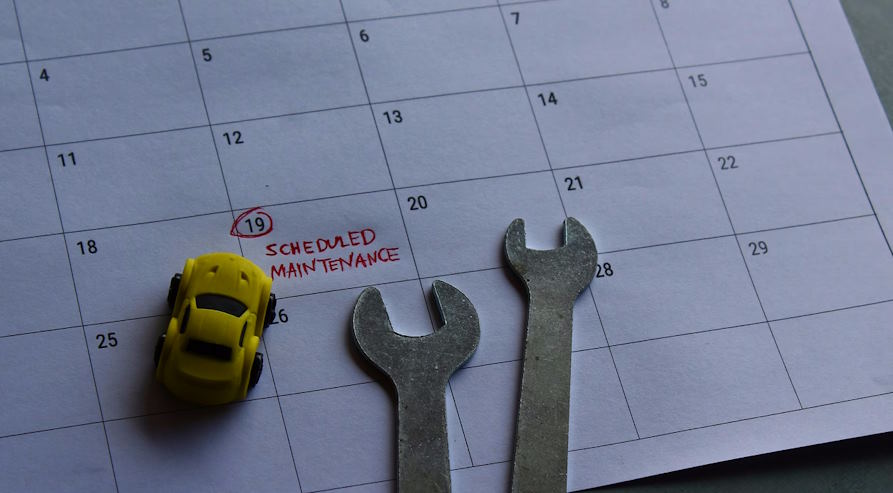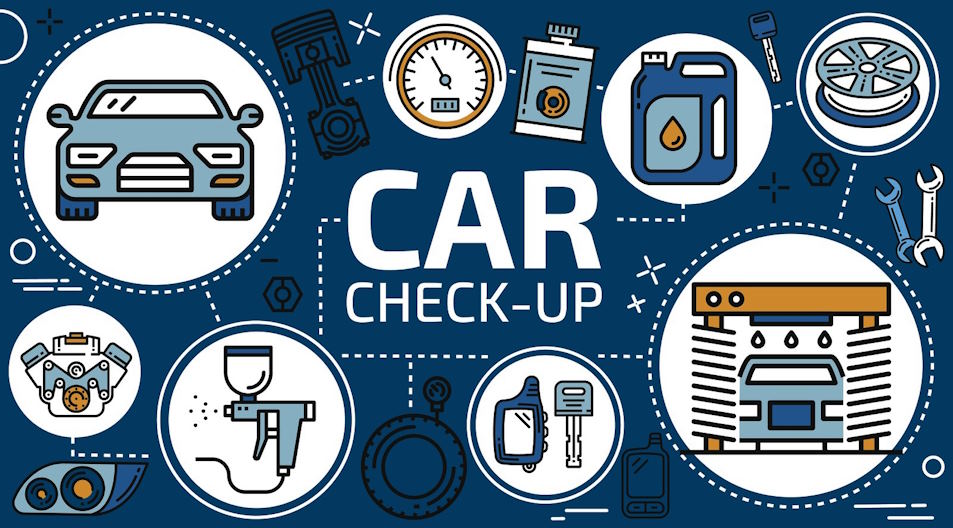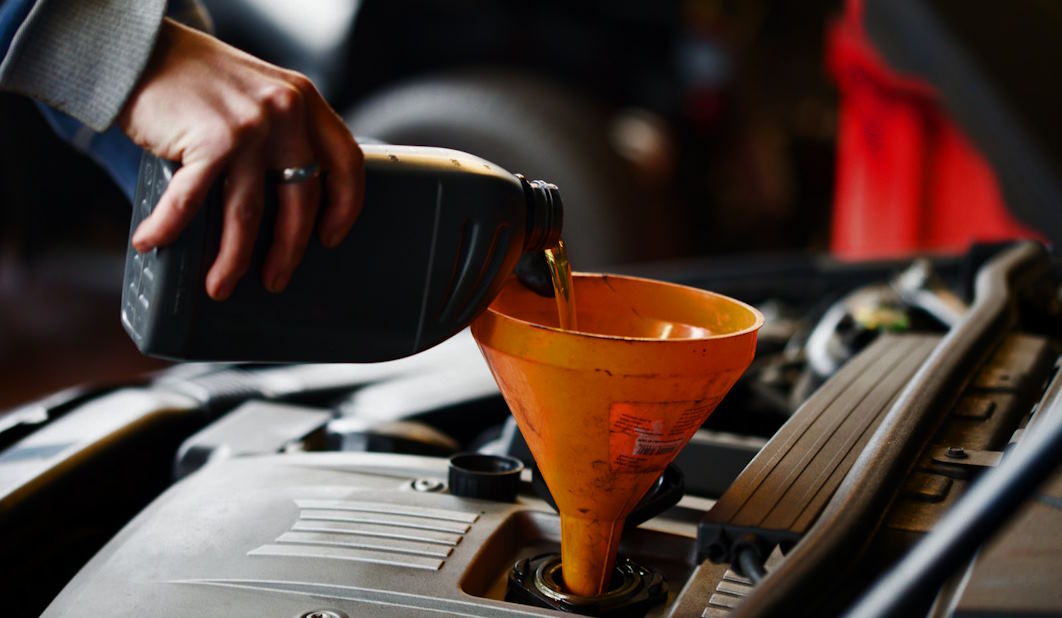
Understanding Your Vehicle’s Maintenance Schedule
Maintaining a vehicle isn’t just about keeping it looking pristine; it’s about ensuring that it runs smoothly and safely, mile after mile. Your vehicle is a complex piece of machinery with numerous moving parts, all of which require regular attention and care. That’s where a well-structured vehicle maintenance schedule comes into play. Understanding and adhering to this schedule can not only save you money in the long run but also significantly enhance your safety on the road.
Why Vehicle Maintenance Matters
When it comes to vehicle ownership, adhering to a consistent maintenance schedule is more than just a good practice; it’s a responsibility with far-reaching implications. Here are three compelling reasons why vehicle maintenance matters:
Safety Considerations
- Preventing Accidents and Breakdowns: Regular maintenance helps identify and rectify potential issues before they escalate into dangerous situations. Faulty brakes, worn-out tires, or malfunctioning lights are accidents waiting to happen. Maintaining these critical components can make the difference between a safe journey and a hazardous one.
- Protecting Occupants and Other Road Users: Neglecting maintenance doesn’t only jeopardize your safety but also endangers other road users. A sudden breakdown or malfunction can lead to accidents that harm not just you but innocent bystanders. Prioritizing maintenance is an act of responsibility towards the entire driving community.
Cost-Effectiveness
- Avoiding Expensive Repairs: Proactive maintenance is your best defense against costly repairs. Addressing minor issues as they arise prevents them from evolving into major, wallet-draining problems. It’s far more economical to change your vehicle’s oil regularly than to replace a damaged engine.
- Extending the Lifespan of Your Vehicle: A well-maintained vehicle has a longer lifespan. This means you get more value from your investment, delay the need for a new car, and reduce your overall cost of ownership.
Environmental Impact
- Reducing Emissions and Pollution: Regular maintenance ensures your vehicle operates efficiently, reducing emissions that contribute to air pollution and climate change. It’s an environmentally responsible choice that can help mitigate your carbon footprint.
- Responsible Vehicle Ownership: Maintaining your vehicle isn’t just about personal benefits; it’s a commitment to environmental stewardship. By reducing emissions and pollution, you’re doing your part to create a cleaner, healthier planet.
The Basics of a Vehicle Maintenance Schedule
Maintaining your vehicle isn’t an ad-hoc process; it’s a systematic and well-planned endeavor, made possible by a vehicle maintenance schedule. In this section, we’ll break down the fundamental elements of this essential tool for responsible car ownership.
Definition and Purpose
A vehicle maintenance schedule is a comprehensive plan outlining the specific tasks and intervals at which they should be performed to keep your vehicle running smoothly. Its primary purpose is to ensure that your car remains in peak condition, minimizing the risk of breakdowns, optimizing performance, and extending its lifespan. In essence, it’s your roadmap to responsible vehicle ownership.

Types of Maintenance Schedules
- Time-Based Schedules: Time-based schedules are structured around specific calendar dates. For example, you might be advised to change your engine oil every three months or replace your air filter annually. These schedules are ideal for tasks that aren’t directly tied to mileage and ensure that components don’t deteriorate over time.
- Mileage-Based Schedules: Mileage-based schedules are centered on the number of miles driven. Common tasks in this category include tire rotations every 5,000 miles or brake inspections every 20,000 miles. These schedules are essential because they account for wear and tear directly linked to your vehicle’s usage.
The Role of the Owner’s Manual
Your vehicle’s owner’s manual is your maintenance bible. It provides manufacturer-recommended maintenance schedules tailored to your specific make and model. This invaluable resource outlines precisely what needs to be done and when, helping you adhere to the most accurate and effective maintenance plan for your vehicle. Ignoring the owner’s manual is like navigating without a compass – you risk veering off course and compromising your car’s performance and longevity.

